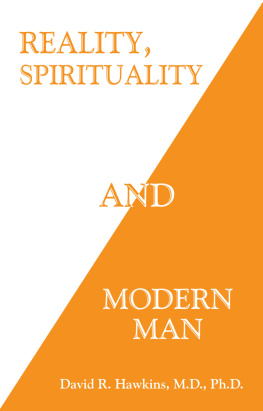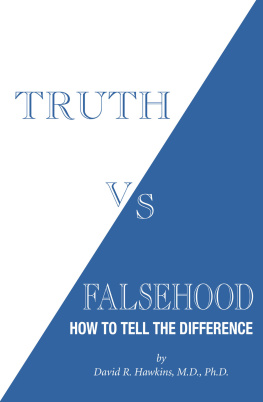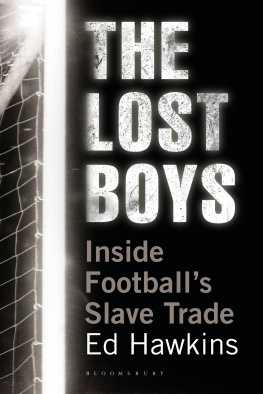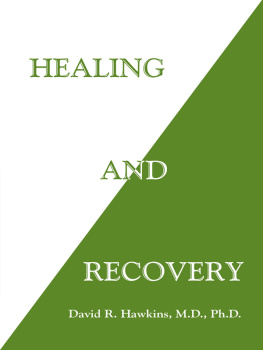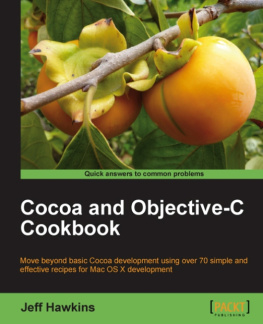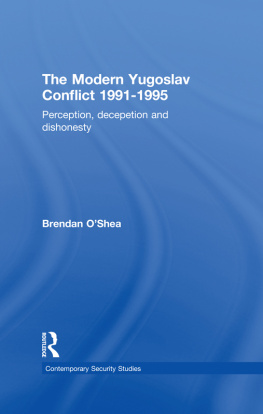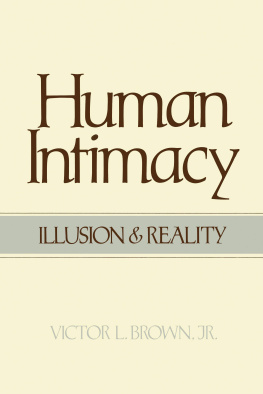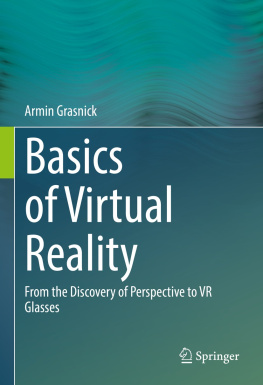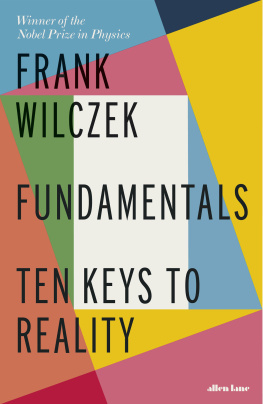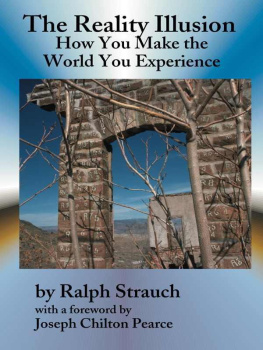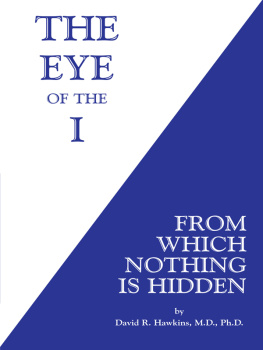Free e-Newsletters
from Hay House, the Ultimate
Resource for Inspiration
Be the first to know about Hay Houses dollar deals, free downloads, special offers, affirmation cards, giveaways, contests and more!
 | Get exclusive excerpts from our latest releases and videos from Hay House Present Moments. |
 | Enjoy uplifting personal stories, how-to articles and healing advice along with videos and empowering quotes within Heal Your Life. |
 | Have an uplifting story to tell and a passion for writing? Sharpen your writing skills with insider tips from Your Writing Life. |
Sign Up
Now! | Get inspired, educate
yourself, get a complimentary
gift, and share the wisdom! |
| http://www.hayhouse.com/newsletters.php |
Visit www.hayhouse.com to sign-up today
REALITY, SPIRITUALITY,
AND MODERN MAN
ALSO BY DAVID R. HAWKINS, M.D., PH.D.
Dissolving the Ego, Realizing the Self
Along the Path to Enlightenment
Letting Go
Healing and Recovery
Discovery of the Presence of God: Devotional Nonduality
Transcending the Levels of Consciousness:
The Stairway to Enlightenment
Truth vs. Falsehood: How to Tell the Difference
I: Reality and Subjectivity
The Eye of the I: From Which Nothing Is Hidden
Power vs. Force: The Hidden Determinants of Human Behavior
Dialogues on Consciousness and Spirituality
Qualitative and Quantitative Analysis and Calibration of the Levels of Human Consciousness
Orthomolecular Psychiatry (with Linus Pauling)
Please visit:
Hay House USA: www.hayhouse.com
Hay House Australia: www.hayhouse.com.au
Hay House UK: www.hayhouse.co.uk
Hay House South Africa: www.hayhouse.co.za
Hay House India: www.hayhouse.co.in

Copyright 2008 by David R. Hawkins
Published and distributed in the United States by: Hay House, Inc.: www.hayhouse.com Published and distributed in Australia by: Hay House Australia Pty. Ltd.: www.hayhouse.com.au Published and distributed in the United Kingdom by: Hay House UK, Ltd.: www.hayhouse.co.uk Published and distributed in the Republic of South Africa by: Hay House SA (Pty), Ltd.: www.hayhouse.co.za Distributed in Canada by: Raincoast: www.raincoast.com Published in India by: Hay House Publishers India: www.hayhouse.co.in
All rights reserved. No part of this book may be reproduced by any mechanical, photographic, or electronic process, or in the form of a phonographic recording; nor may it be stored in a retrieval system, transmitted, or otherwise be copied for public or private useother than for fair use as brief quotations embodied in articles and reviews without prior written permission of the publisher.
The author of this book does not dispense medical advice or prescribe the use of any technique as a form of treatment for physical, emotional, or medical problems without the advice of a physician, either directly or indirectly. The intent of the author is only to offer information of a general nature to help you in your quest for emotional and spiritual well-being. In the event you use any of the information in this book for yourself, which is your constitutional right, the author and the publisher assume no responsibility for your actions.
Previously published by Axial Publishing Company (ISBN 978-193339189-2)
Library of Congress Control Number for the printed edition: 2013947045
Tradepaper ISBN: 978-1-4019-4503-9
16 15 14 13 4 3 2 1
1st Hay House edition, 2013
Printed in the United States of America
Straight and narrow is the path
Waste no time.
Gloria in Excelsis Deo!
TABLE OF CONTENTS
While in recent decades advances in technology have been in the public foreground, there has also been a simultaneous progression of human consciousness itself that was expressed as a rather sudden recent advance in its overall level. This enormously profound and salutary change, which occurred in the late 1980s, was not even noticed by the world at large, yet it was detected and documented by the new methodology of consciousness research that had made the seminal discovery of how to tell truth from falsehood and essence from appearance. Even more astonishingly, it could also detect and even calibrate the specific degree of truth or falsehood on a simple exponential calibration scale of 1 to 1,000, which included all possibilities of knowingness within the human domain and even beyond.
As can be seen through simple survey and observation, the sufferings of mankind, now as well as throughout history (with the exception of natural disasters), have been due primarily to the inability to differentiate truth from falsehood, reality from illusion, perception from essence, and opinion from verifiable reality. Thus, the discoveries of consciousness research provided a new paradigm from which to reassess the entire human condition over great periods of time because the scale provided a context and an expanded paradigm that simultaneously included both the linear and the nonlinear realms.
This discovery represented a major leap in human knowledge, which also clarified that a verifiable definition of truth is only possible by the simultaneous statement of both content (linear) and context (nonlinear). That content is only comprehensible within a stated context had already been recognized in the discipline of situational ethics by which even the court system acknowledged the important influence of context (motive, situation, intention, mental capacity, and circumstances, etc.).
All historic attempts at defining verifiable truth lacked a standard for comparison that was absolute, invariable, definable, and confirmably demonstrable. Thus, the emergence of a confirmable, pragmatic means of identifying and corroborating truth presented an entirely new, enlarged dimension for the advancement of human understanding and comprehension.
Knowledge denotes an organized, systematic body of information or study, such as the natural sciences and their laws of operation as confirmed by application. In addition, information is theoretical (academic) as well as clinical, demonstrable, and confirmably pragmatic. In medical practice, for instance, there is the art (calibration level 445) as well as the science (calibration level 440) of the application of scientific principles and their inherent disciplines.
The study of the nonlinear domain has historically been referred to as ontology, metaphysics, theology, and philosophy, as well as historic religion. Modern religious organizations, such as Religious Science, Unity, New Thought, Christian Science, and nondenominational churches, focus on the commonality of the essence of spirituality rather than emphasize differences of classical, historical, ecclesiastical dogma.

